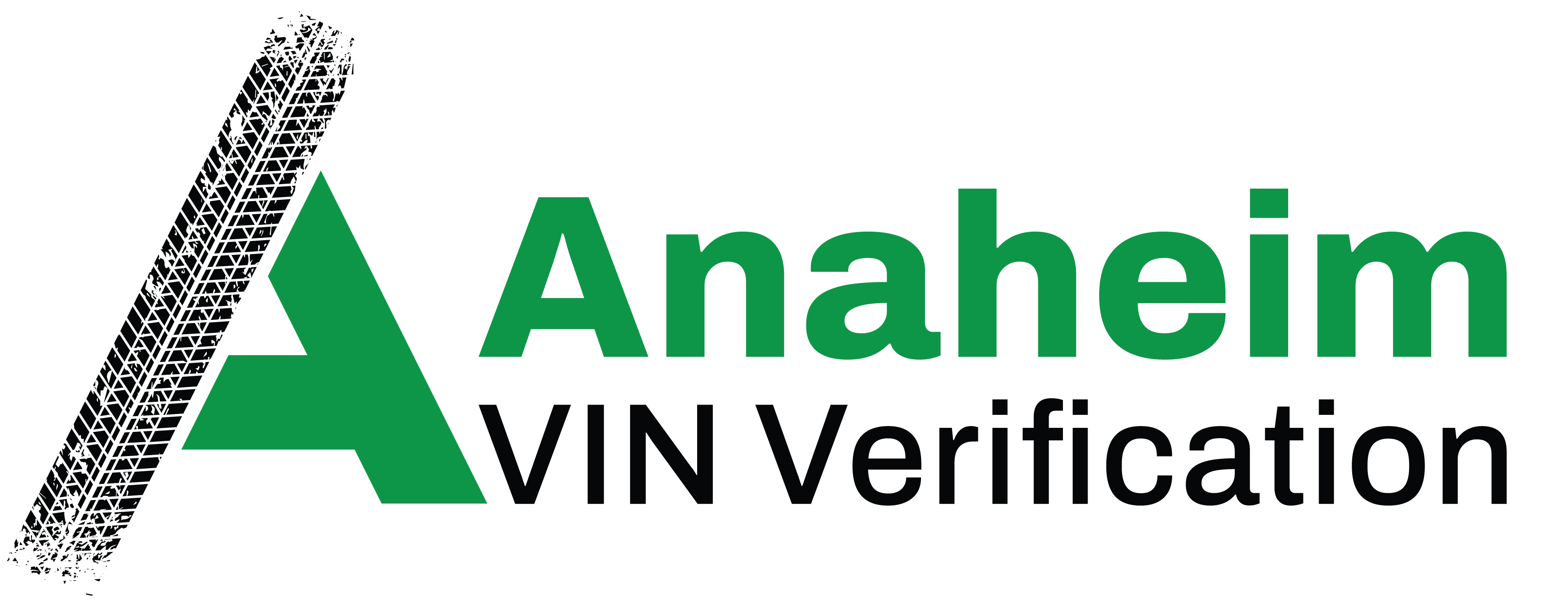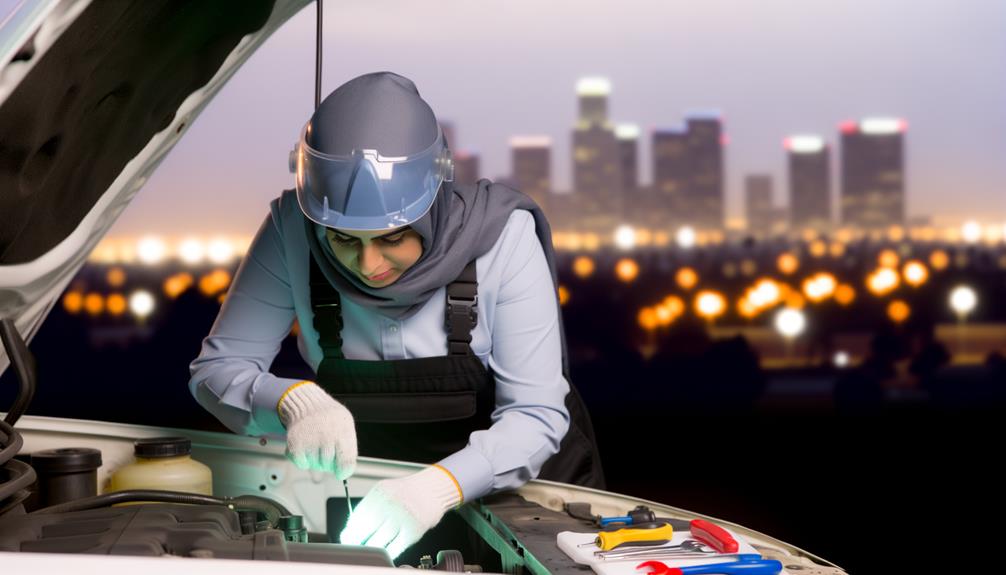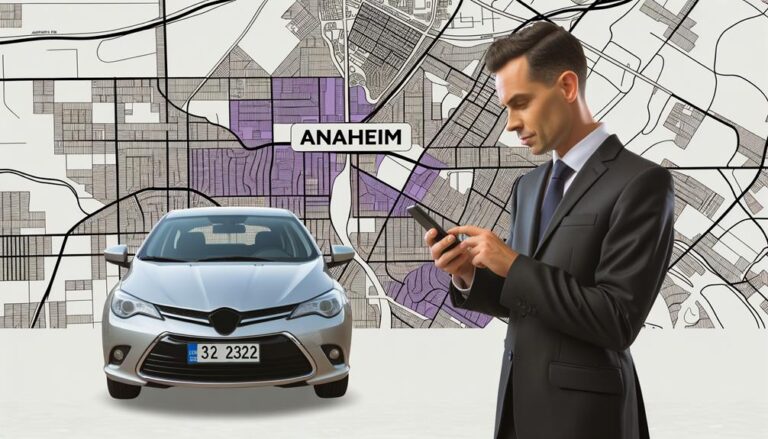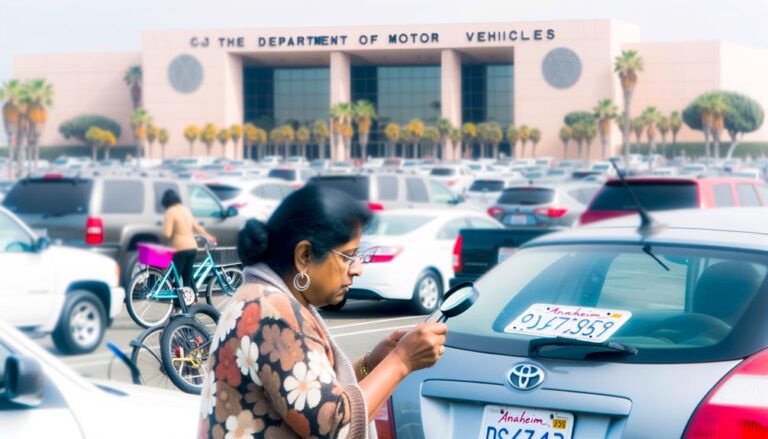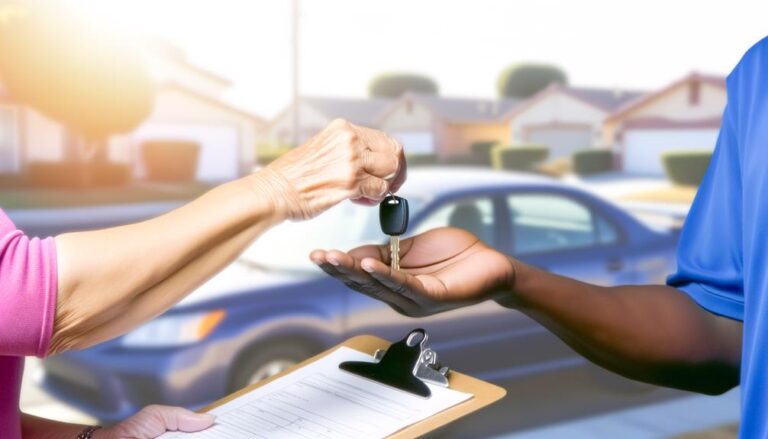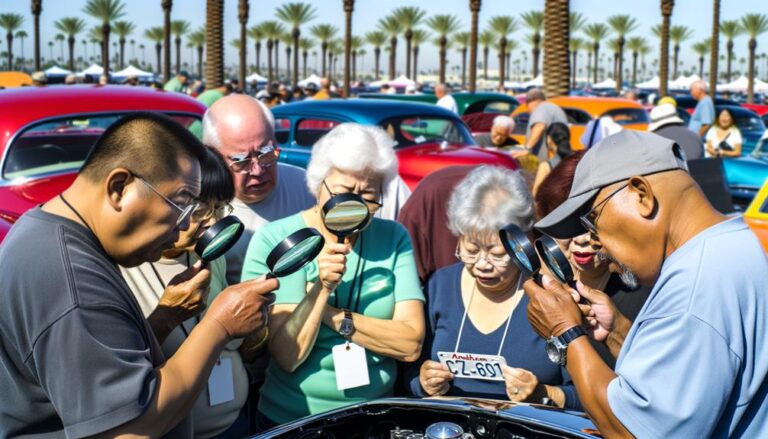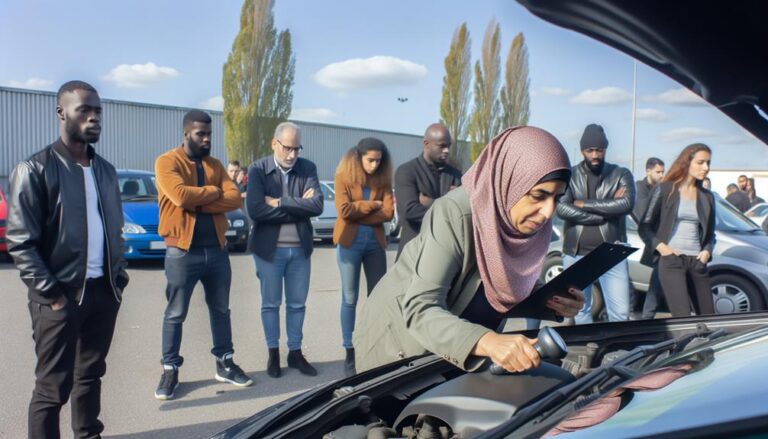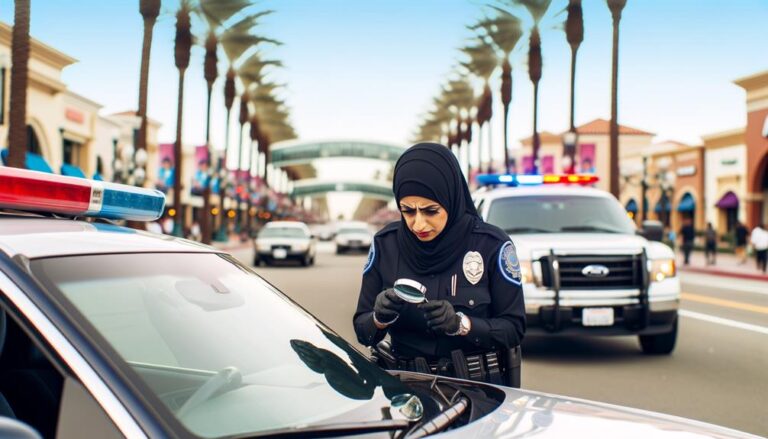The Connection Between VIN Verification and Vehicle Safety in Anaheim
When you take your car for VIN verification in Anaheim, you're not just going through a routine check. This process is pivotal for ensuring that the vehicle you drive is not only compliant with legal standards but also meets safety regulations that protect you on the road. By validating that the vehicle's registered details match the physical car, inspectors can uncover any discrepancies that might indicate tampering or more serious concerns. Have you ever wondered how these checks might directly influence your personal safety and the broader implications for community security? Consider the hidden aspects of VIN verification that play an unseen yet vital role in your daily commutes.
California VIN Verification Basics
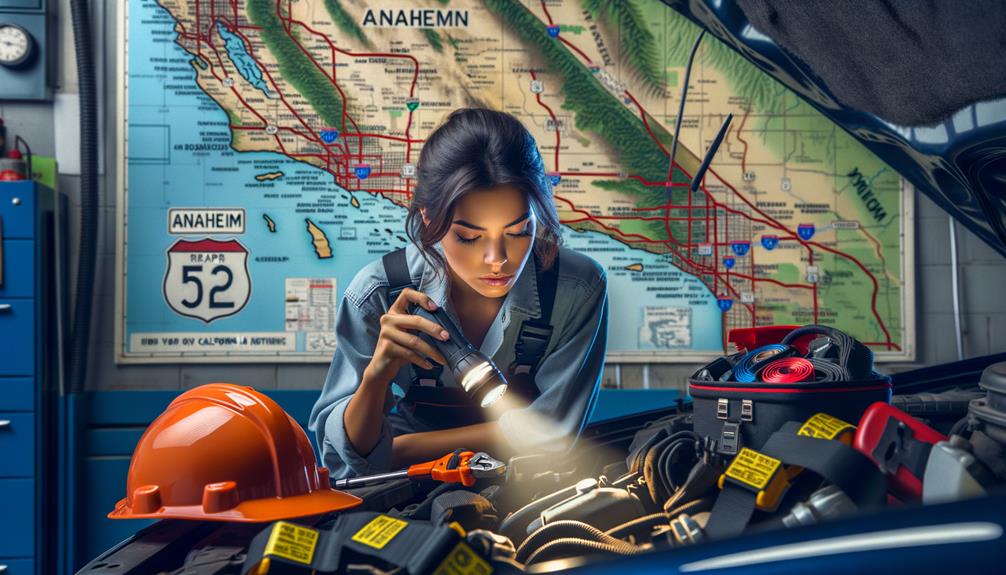
Understanding California's VIN verification basics is essential when registering an out-of-state vehicle or dealing with salvaged titles. This process not only safeguards your freedom to move seamlessly but also ensures that your vehicle meets all legal requirements for registration in California.
VIN verification involves a meticulous inspection of your vehicle's unique Vehicle Identification Number (VIN) by authorized personnel. This step is crucial in preventing theft and fraud, reinforcing the integrity of your vehicle's identity.
The California DMV, alongside CHP officers and licensed private verifiers, are authorized to conduct these safety inspections. They cross-check the VIN on your vehicle against the title and other supporting documents. This thorough check is documented on a REG 31 form, which captures details such as the year, make, model, and odometer reading of your vehicle, as well as the emissions label status. This form is a vital piece of your registration puzzle, ensuring that all information is up-to-date and accurate.
Moreover, the emissions inspection part of the VIN verification ensures your vehicle complies with California's environmental standards, contributing to a healthier ecosystem. Therefore, adhering to the VIN verification process isn't just about compliance; it's about maintaining your right to a safe and legally acknowledged vehicle.
Inspection Criteria Overview
You'll need to know the specific criteria used during the VIN verification process to ensure your vehicle meets state regulations. This isn't just about ticking boxes; it's about guaranteeing your freedom to drive without legal hurdles.
VIN verification is vital in aligning with California car inspection laws, ensuring your vehicle's safety, and maintaining your liberty to roam.
During the inspection, authorized personnel will check your vehicle's VIN and confirm it matches the title and registration documents. This unique number is your car's identity, and ensuring its accuracy is key to preventing theft and fraud.
They'll examine the VIN's placement, verify the vehicle's year, make, model, and odometer reading, and look at the fuel type. Also, the number of wheels and axles are checked alongside the federal certification label status to ensure compliance.
If your vehicle is a revived salvage or lacks the necessary safety labels, it won't pass the VIN verification. All of this is documented meticulously on the REG31 form by DMV employees, CHP officers, or licensed private verifiers.
This form is your proof of compliance, cementing your vehicle's identity and securing your right to drive. So, make sure you're prepared to meet these criteria; it's essential for your vehicle's approval and your continued freedom on the road.
VIN Verification Locations
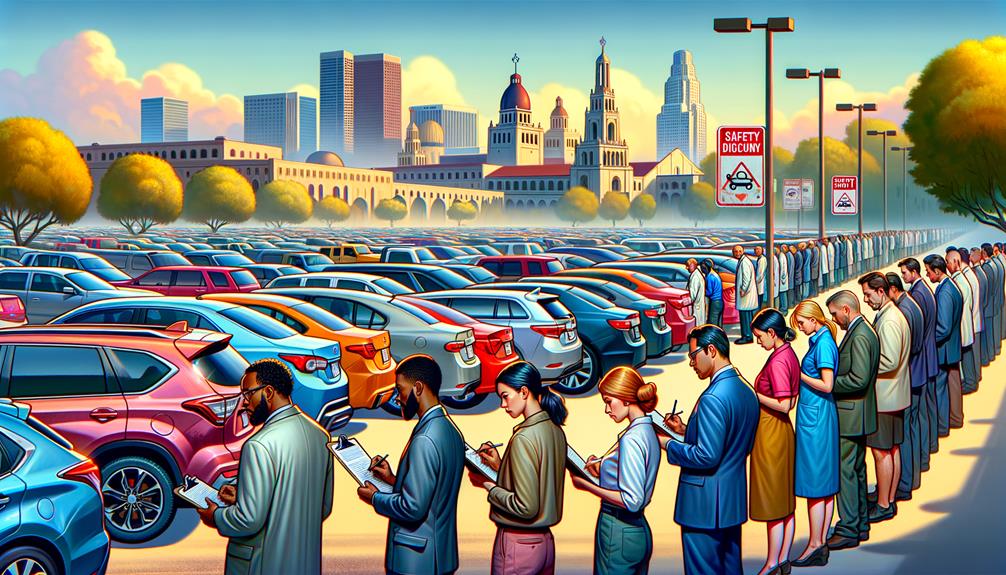
In Anaheim, you can get your VIN verified at local DMV offices, with the service offered at no charge when you have all the required documents. This ensures your vehicle meets state compliance and aids in theft prevention, safeguarding your vehicle's identity. It's a straightforward process that supports your right to secure and hassle-free vehicle ownership.
If you're looking for more flexibility, Anaheim hosts several private VIN verification services. Though these options aren't free, they cater to a variety of needs, from basic checks to comprehensive evaluations. You're free to choose based on your schedule and budget, ensuring that you maintain control over the process.
For AAA members, additional convenience is available, although it's important to note that mobile verification isn't provided for salvage vehicles. This is another layer of security that ensures every vehicle's identity is thoroughly verified and compliant with California regulations.
Lastly, if you prefer a more official route, the California Highway Patrol (CHP) offers VIN verifications in Anaheim. You'll need to schedule an appointment, but it's a reliable option that underscores the importance of vehicle safety and compliance.
Cost and Payment Options
Exploring your payment options for VIN verification in Anaheim reveals a range of prices and methods that suit different needs and budgets.
You've got options from cost-free services at the DMV and CHP to competitive pricing from private verifiers. If you value your time and prefer convenience, private verifiers might be your go-to, despite the higher cost, which can range from $67 to $147 based on the service provider and how far they need to travel.
On the flip side, if you're keeping an eye on expenses, the DMV and CHP offer VIN verification at no cost. This is a great choice if you're looking to ensure vehicle safety without spending a dime. Remember, while free services save money, they mightn't be as quick as private options.
When it's time to pay, Anaheim's verifiers cater to your preference. Whether you're comfortable with traditional methods like cash and checks or lean towards modern convenience with digital payments through Zelle or Venmo, you're covered.
Credit and debit cards are also widely accepted. This flexibility allows you to handle the payment how you see fit, giving you the freedom to choose what best aligns with your financial and personal preferences.
Vehicle Safety Inspection Essentials
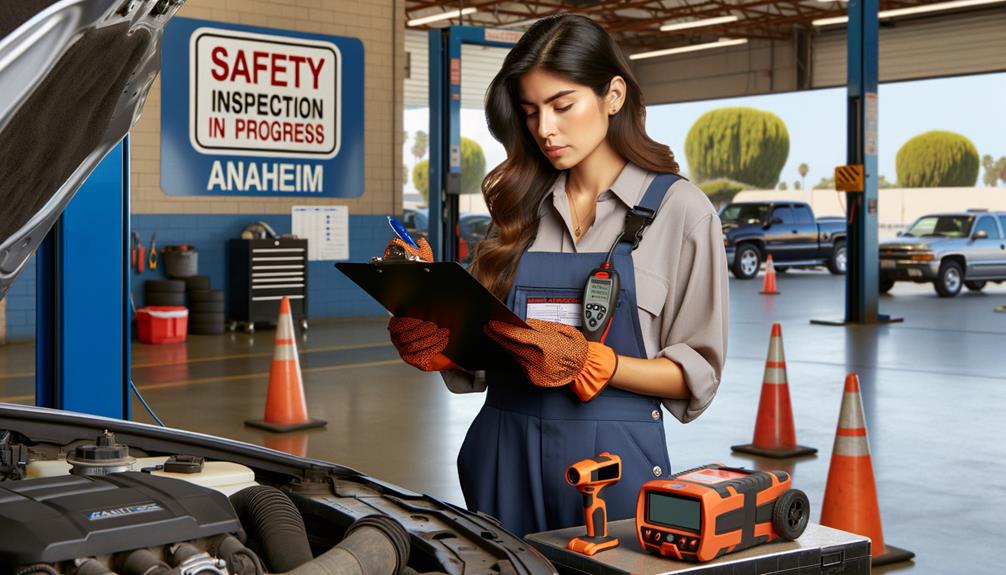
California requires regular vehicle safety inspections to ensure your car meets critical safety standards. These inspections focus on vital components like brakes, lights, and steering mechanisms. It's not just about compliance; it's about ensuring you're free to drive without unexpected issues cropping up that could affect your safety and others on the road.
During these safety inspections, your vehicle's VIN is verified, linking it to its registration records. This is crucial not only for meeting California's inspection requirements but also for maintaining your vehicle registration seamlessly. Remember, steering clear of accidents starts with a vehicle that's up to par.
Additionally, an emissions test is part of the regular inspections for most vehicles. Conducted biennially, this isn't just a bureaucratic hoop to jump through. It's about contributing to cleaner air and a healthier environment for everyone. However, if your ride was made before 1975 or is a newer electric vehicle, you might dodge these requirements, enjoying a bit more freedom from the standard rules.
Neglecting these inspections can hit your wallet with fines between $30 and $70, complicate your registration renewal, and even lead to legal headaches. Staying on top of these inspections not only enhances road safety but ensures your driving freedom remains uninterrupted.
Impact on Insurance and Liability
Regular VIN verification can significantly lower your insurance premiums by ensuring your vehicle is compliant with state regulations. This process isn't just a formality; it's a crucial step in fraud prevention and maintaining your freedom to drive without unnecessary legal entanglements.
By verifying your vehicle's identity through VIN checks, you're also confirming its history and eligibility for insurance coverage, which can save you from hefty out-of-pocket costs in case of an accident.
If you skip this step, you're not just risking higher premiums; you're opening yourself up to severe liability issues. Unverified vehicles can lead to denied insurance claims, especially under California regulations. This means if you're involved in a crash, you could be left covering all costs, which impacts your financial freedom and mobility.
Furthermore, adhering to these verification requirements keeps you clear of potential legal consequences, ensuring your insurance remains intact and effective.
Moreover, regular VIN verification contributes to overall vehicle safety, promoting safer road conditions for everyone. As accidents decrease, so do the general insurance claims, further benefiting your insurance rate.
Taking this proactive step doesn't just meet a legal requirement—it safeguards your independence on the road.
Frequently Asked Questions
What Does CHP Check on a VIN Verification?
You're right to ask what the CHP examines during a VIN verification. They check the vehicle's make, model, year, odometer, and for a federal certification label to confirm the car's identity.
Does the California DMV Do VIN Verification?
Yes, the California DMV does perform VIN verifications. You'll need to bring your vehicle in and complete a REG 31 form. It's free, but remember, they don't offer mobile verification services.
Does California Require a Vehicle Safety Inspection?
Yes, you're required to have your vehicle safety inspected in California to ensure it meets road safety and environmental standards, except for electric vehicles and newer models less than six years old.
Does AAA Do VIN Verification in California?
Yes, AAA does perform VIN verification in California, but you'll need to visit a physical location and make an appointment. Ensure you have all the required documents and check eligible vehicle types.
